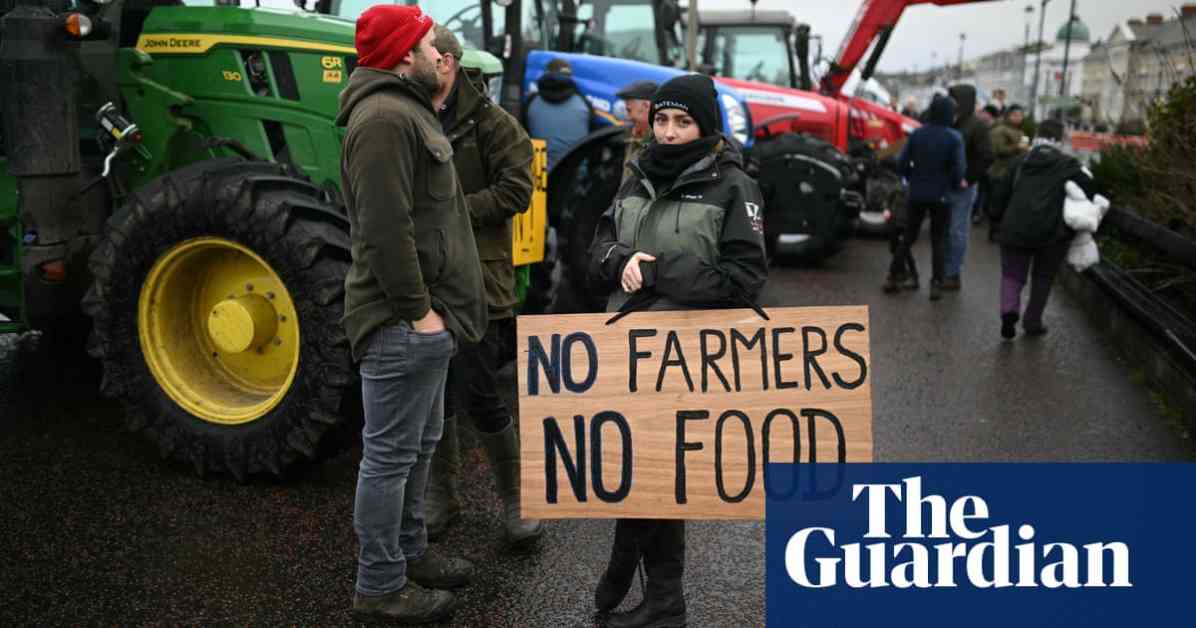Keir Starmer has stood behind the decision to implement inheritance tax on farms, despite the backlash from farmers. A recent analysis has shown that wealthy investors are crowding out farmers in the agricultural land market. The National Farmer’s Union (NFU) and the government are at odds over how many farms will be impacted by the change, which was announced in the latest budget. Starmer assured that the majority of farmers would be exempt from the tax.
However, Prime Minister, while on the way to the G20 summit in Rio de Janeiro, expressed concerns that the message may not be effectively communicated to farmers. The government argues that the tax change will prevent investors from exploiting tax breaks by investing in farmland that is not used for farming purposes. Recent data shows a significant increase in non-farmers purchasing farmland, leading to a decrease in actively farmed land.
The Labour party believes that wealthy estates and farms should pay their fair share of taxes to fund public services for rural communities. The money collected from inheritance tax on high-value estates and farms would be allocated to support essential services. The NFU has organized protests against the tax plans, with members feeling betrayed by the government’s decision.
Starmer emphasized that for most typical cases, where parents want to pass on a farm to their children, the tax exemption thresholds are relatively high. He explained that farms valued under £3 million would not be subject to inheritance tax, with additional exemptions for certain family transfers. The tax would only apply to the amount exceeding £3 million, payable over ten years.
NFU President, Tom Bradshaw, expressed the widespread anger and betrayal felt by farmers in response to the tax changes. He highlighted the challenges that farming families would face in raising the necessary funds due to ongoing reinvestment in production. Bradshaw emphasized the long-term impact on food security and the difficulties faced by older farmers in adapting to the new tax regime.
While some farmers have discussed the possibility of boycotting supermarkets in protest, the NFU does not endorse such actions. Bradshaw cautioned against disrupting supply chains and emphasized the importance of peaceful protest. The NFU has advised farmers not to bring heavy machinery to demonstrations to avoid road blockages.
Overall, the debate over inheritance tax on farms continues to stir controversy within the farming community. The government, farmers, and agricultural organizations are working to find common ground and address the concerns raised by the proposed tax changes. As protests loom, the focus remains on effective communication and finding solutions that support both the agricultural sector and rural communities.












